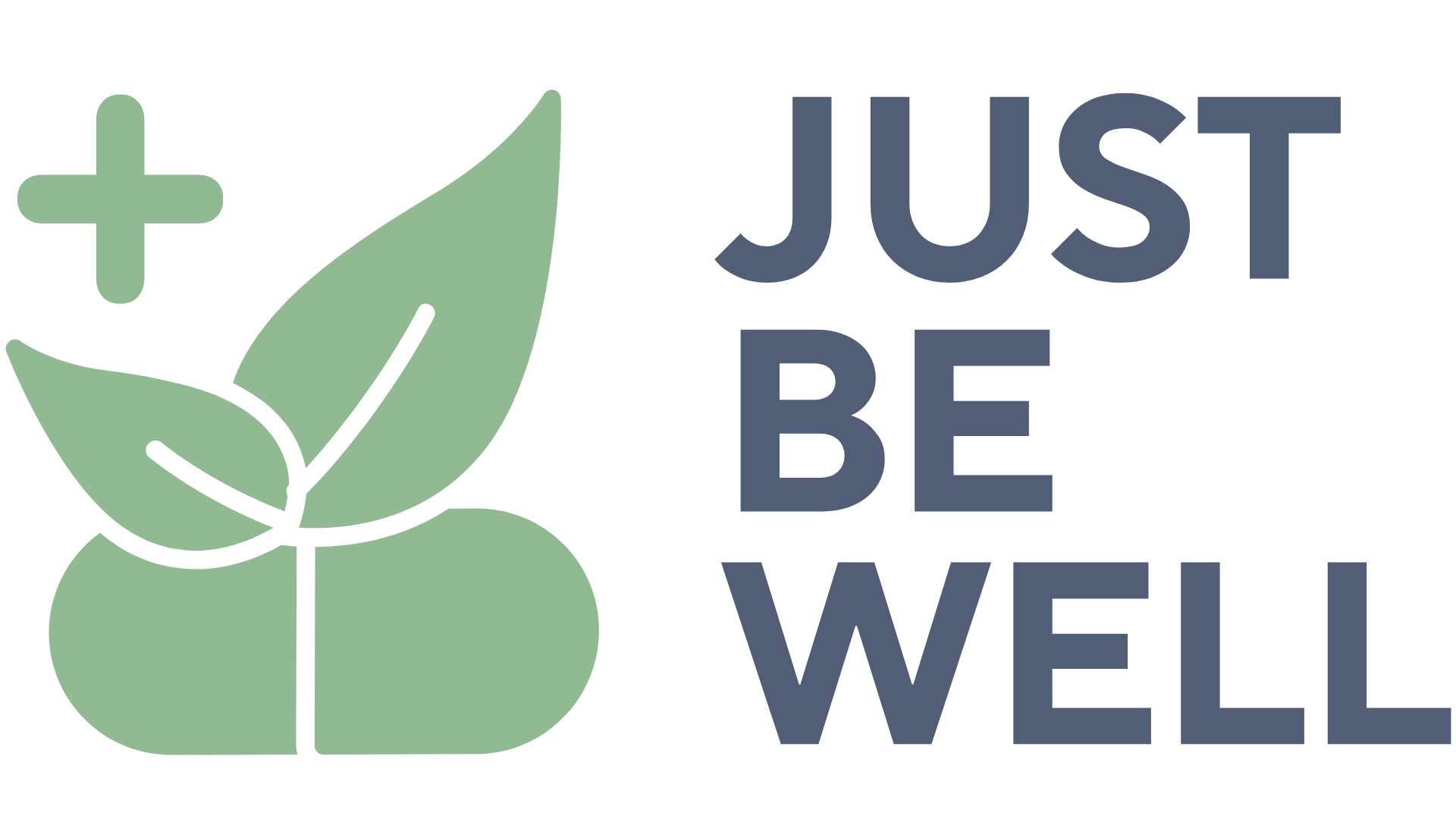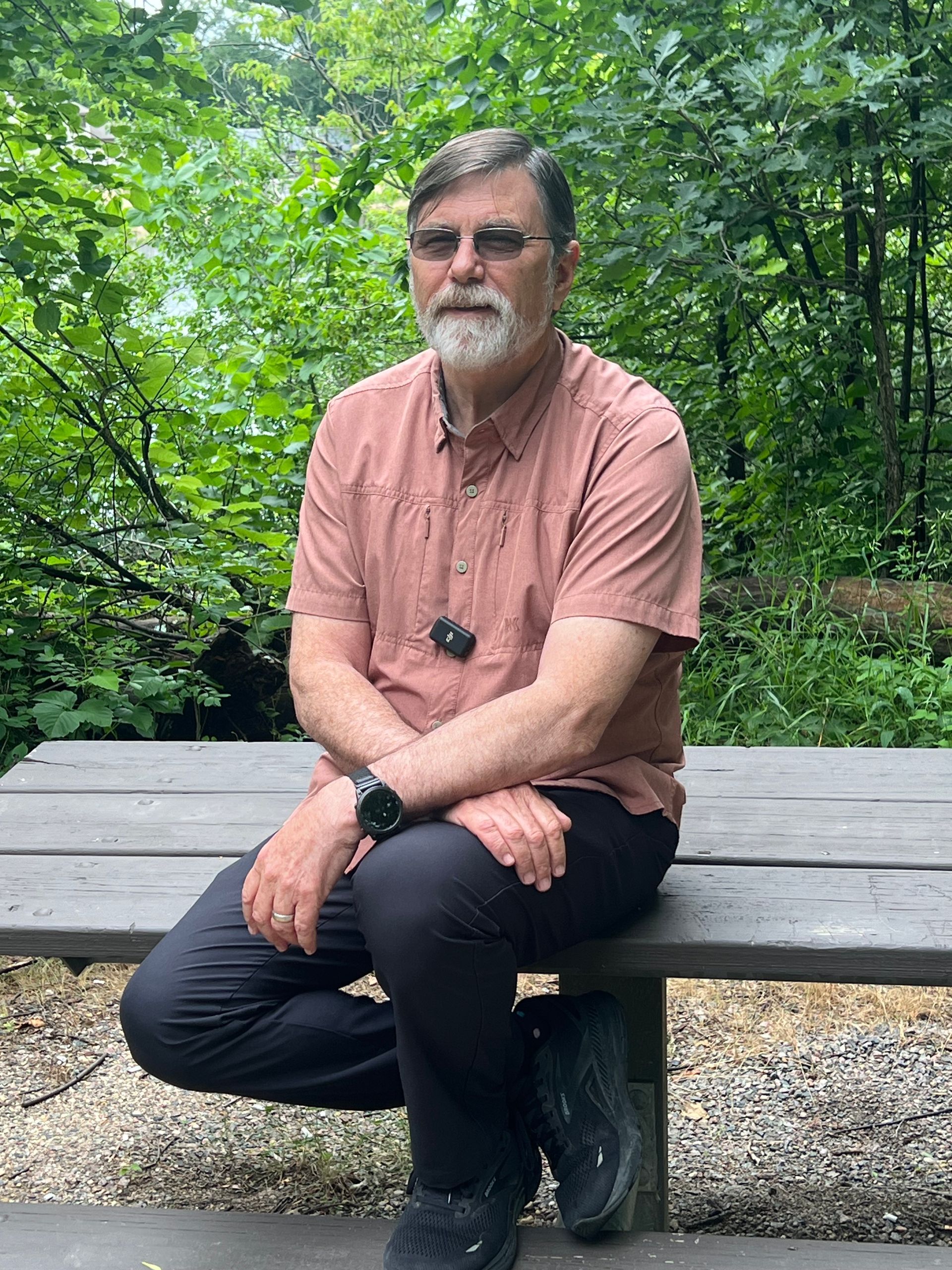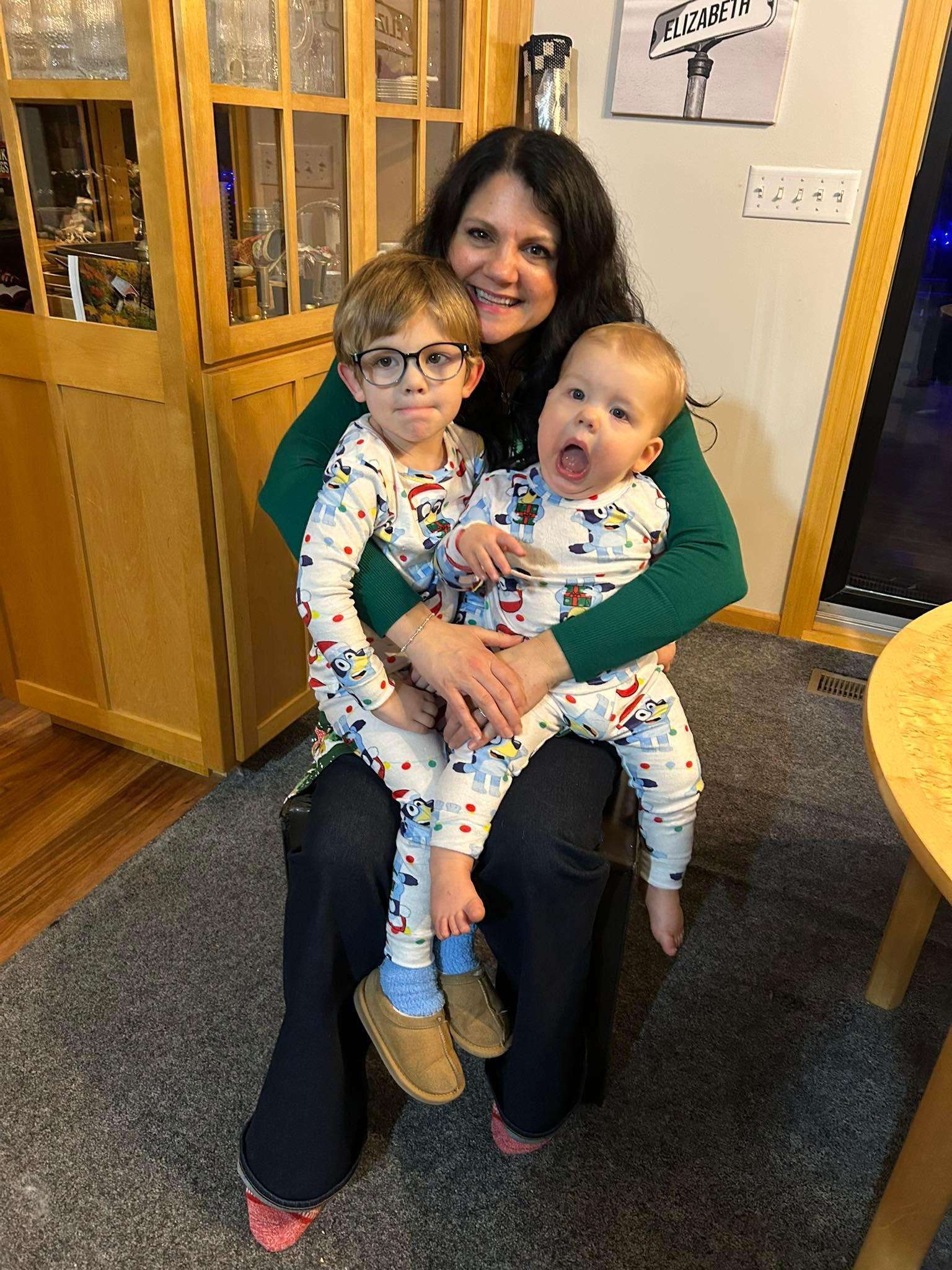10 Powerful Ways Purpose Boosts Your Brain Health
10 powerful ways purpose boosts your brain health:
1. Protects Against Depression
Purpose provides psychological anchoring that reduces the risk of depressive symptoms, especially in times of stress, transition, or loss.
Why it works: Purpose offers meaning, direction, and hope — powerful antidotes to the hopelessness at the heart of depression.
⸻
2. Reduces Anxiety and Rumination
Having purpose helps people disengage from obsessive worry and overthinking. It redirects attention from “what if” to “what matters.”
Neuroscience Insight: Purpose calms the Default Mode Network (DMN), the brain circuit most associated with anxiety, self-doubt, and intrusive thoughts.
⸻
3. Boosts Cognitive Resilience
Purpose slows cognitive aging and preserves memory, attention, and executive function — even in the presence of neurodegenerative risk factors.
Study: People with higher purpose show better performance on memory and processing speed tests, and even reduced amyloid pathology.
⸻
4. Improves Stress Regulation
A clear purpose modulates the brain’s response to stress. It lowers baseline cortisol and reduces amygdala hyperactivation, helping you stay calm under pressure.
Real-world impact: You bounce back faster from emotional upsets and feel less overwhelmed by daily challenges.
⸻
5. Enhances Emotional Regulation
Purpose strengthens the brain’s prefrontal cortex, improving your ability to regulate emotion, make wise choices, and pause before reacting.
In Just Be Well terms: You shift from reacting to responding — not by force, but from inner alignment.
⸻
6. Increases Neuroplasticity
When you’re connected to a deeper why, your brain becomes more flexible and adaptable — better at forming new habits, recovering from setbacks, and integrating new experiences.
Biological note: Dopamine, the reward and motivation neurotransmitter, is more efficiently utilized when actions feel purposeful.
⸻
7. Reduces Risk of Alzheimer’s Disease
Multiple longitudinal studies show that higher life purpose significantly lowers the risk of Alzheimer’s and dementia, even when controlling for health behaviors.
Mechanism: Purpose may slow the biological processes of brain atrophy and inflammation while preserving cognitive engagement.
⸻
8. Improves Sleep and Mental Recovery
Purpose helps the brain wind down at night, improving sleep onset, depth, and efficiency. This enhances overnight emotional processing and memory consolidation.
Translation: You sleep better — and wake up clearer, more stable, and emotionally resourced.
⸻
9. Strengthens Motivation and Focus
Purpose increases frontal lobe engagement, helping you stay focused, resist distractions, and move through difficulty with clarity.
In daily life: You’re less scattered, more intentional — and more likely to follow through on what matters most.
⸻
10. Builds Identity Stability and Resilience
A strong sense of purpose creates coherence in the self — the sense that your experiences, emotions, and choices make sense and belong together.
Deep impact: This protects against identity diffusion, especially during trauma, loss, midlife transitions, or burnout.
Thank you for watching - we'd love to hear from you. Leave a comment below.
-Dr. Sult & Elizabeth












